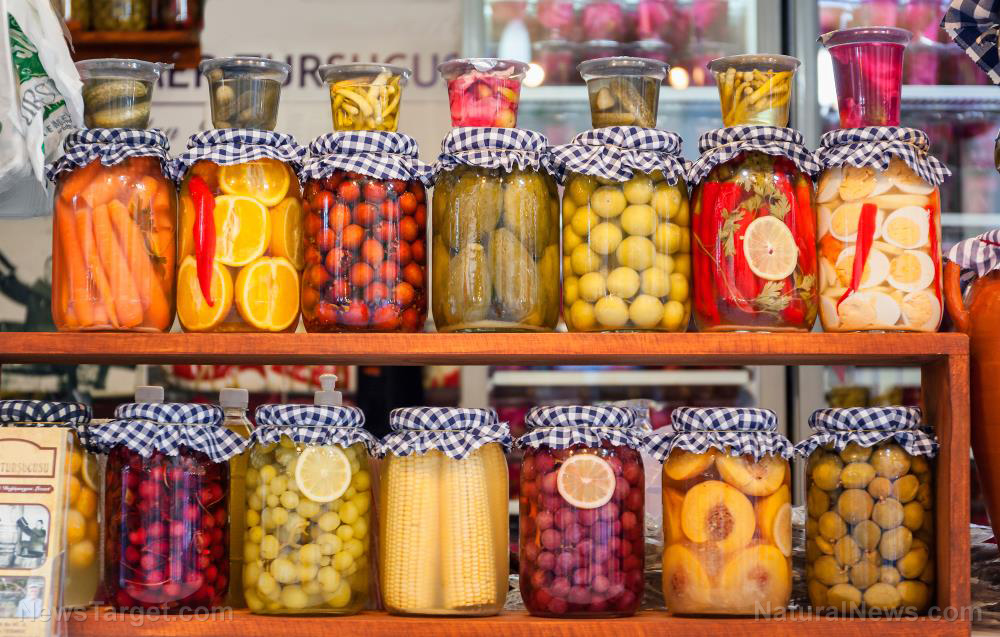
Prepping is a challenging way of life, but this hasn't stopped countless preppers from cultivating home gardens or learning survival skills that will help them stay alive when SHTF. (h/t to SurvivalSullivan.com)
People don't become preppers by owning large properties and a one-year food supply, although these things do help. You become a prepper by learning how to be self-sufficient, regardless of where you live or how big your backyard is.
If you're a beginner to prepping, here are five obstacles that may pose challenges for you, along with tips on how to overcome them so you can finally start your journey to self-sufficiency and preparedness.
A busy schedule
This excuse applies to most people, especially those with families and a list of seemingly never-ending chores.
But a busy schedule doesn't make prepping impossible. If you think you're too busy to start prepping, think of ways to make more time so you can prep and ensure that your family survives the next disaster that comes your way.
Think of a typical day. How many hours do you spend binge-watching shows on TV or mindlessly scrolling on Facebook? If you spend less time on the couch and more time planning your preps, you can get more things done.
Anyone can start prepping by doing something simple like reading books on various subjects, such as:
- Firestarting
- First aid (e.g., CPR, the Heimlich maneuver)
- Foraging
- Knot tying
- Navigation (e.g., map- and compass-reading)
- Shelter building
Once you're familiar with the basics, put your knowledge to the test. Practice useful knots or learn how to start a fire without matches or a lighter.
Setting aside 30 minutes every day will help you get started. No matter how busy you think you are, if you're serious about prepping, you’ll find time to get your preps done.
A tight budget
Not all preppers have money to spare for all their preps. But if you prioritize your purchases, you can eventually save enough money for your preps.
Alternatively, you can build your stockpile one small purchase at a time. Doing this ensures that you still have enough money for your daily needs.
If you are really strapped for cash, buy one extra can of food for your stockpile whenever you're getting groceries. Before you know it, you'll have enough for a three-day food cache. Keep at it until you have supplies for a week, then a month, and so on.
For more expensive purchases, start by saving little by little until you have enough. You can also try bartering, whether online through social media or prepping forums or with family and friends.
Limited space
Urban prepping takes a bit of ingenuity, especially since you usually don't have the same space as a prepper in the countryside.
Try container gardening in your balcony or growing potted herbs in your kitchen. Grow herbs and plants with both medicinal and culinary uses to maximize space.
Keep your supplies organized in discreet cabinets or boxes. Practice your survival skills at the park or the shooting range. You can even take your bug-out bag and test your skills while camping or hiking.
Lack of space for a homestead or home garden
Start a home garden by maximizing every inch of soil in your backyard. You can also grow plants that take up less room with container or vertical gardening.
A significant other who doesn't agree with your prepping plans
It can be difficult to deal with this obstacle as it involves another person, but it isn't impossible.
If your partner doesn't understand why you want to prep or if they are actively preventing you from prepping, talk to them. Don't be defensive. Instead, try to see things from their point of view, then calmly explain your own reasons for prepping, and try to compromise.
Attempt to overrule them or sneak your preps only as a last resort because doing so can worsen the situation.
Most of the time, the main obstacle you face while attempting to prep is an excuse masquerading as a reason. If you're truly interested in helping yourself and your loved ones prepare before SHTF, you'll find a way to push through with your prepping goals. Before long, you'll be thanking yourself that you did.
Sources include:
Please contact us for more information.




















